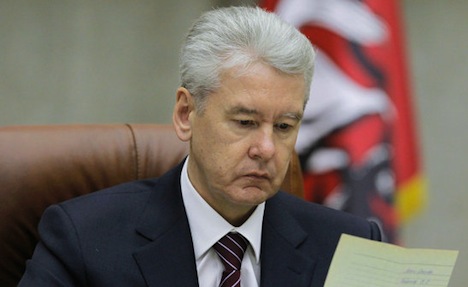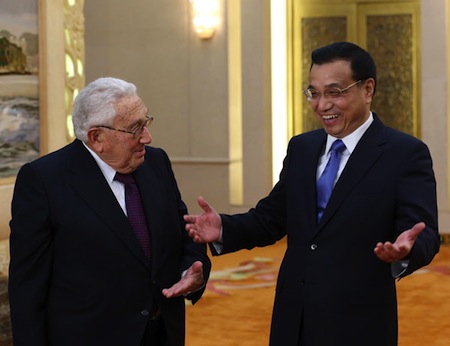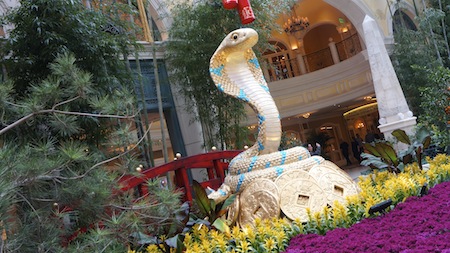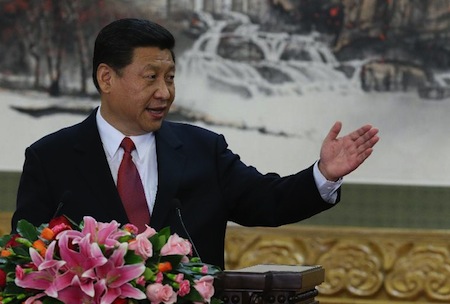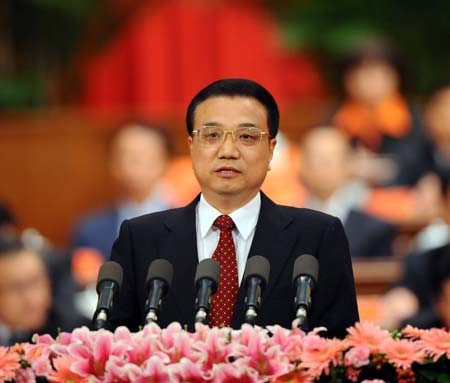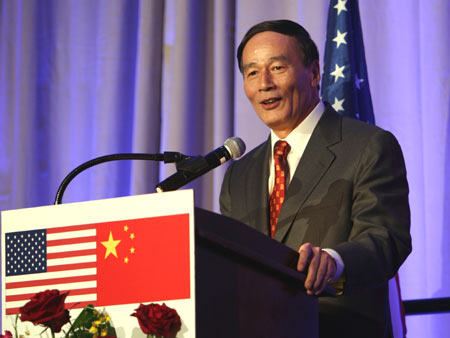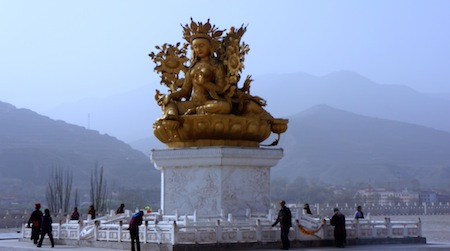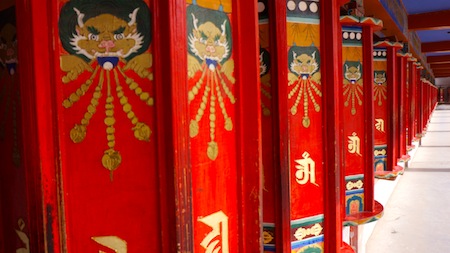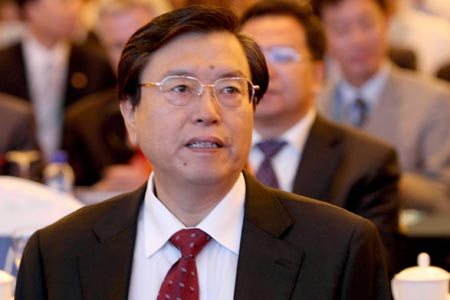Though it’s sometimes easy to forget in the post-Cold War era, Moscow is still the most populous city in Europe and one of the five most populous cities in the world — it not only Russia’s capital, but Russia’s central city for power, politics and finance. ![]()
![]()
That makes the city’s mayor one of the most powerful official in the entire Russian federation and, with snap elections due for Moscow’s mayor in September, it gives some of the most unpredictable voters in Russia the opportunity to make a rare popular statement with five years to go until another presidential election, despite fears that the vote may be titled in favor of the incumbent mayor, an ally of Russian president Vladimir Putin.
Earlier in June, Moscow’s current mayor Sergei Sobyanin announced his resignation, despite the fact that his term runs through 2014, setting up snap elections for September 8 that seem increasingly likely to be an easy victory for Sobyanin as his most viable rivals have either stepped aside or face an uphill challenge even making it to the ballot. Critics immediately called Sobyanin’s resignation and the early elections a ruse to avoid real competition, thereby cementing control over Russia’s largest city within Putin’s grasp.
Elections for Moscow’s mayor are themselves a new phenomenon, given that then-president Dmitry Medvedev and the Russian Duma only reintroduced direct elections for governors and other positions last year, after president Vladimir Putin suspended gubernatorial elections in 2004 on the somewhat dubious rationale of national security and anti-terror efforts. Under the new direct elections law, however, new hurdles have been introduced that require candidates to have the support of other lawmakers in the region. Given that Putin’s United Russia (Еди́ная Росси́я) is by far the dominant political party in Russia, that means Putin will continue to have at least some influence on gubernatorial and local elections.
Moreover, earlier this year, Putin pushed through another law allowing regions to avoid direct elections through an alternative process whereby each party in a regional legislature submits three candidates to the Russian president, the Russian president chooses three finalists, and the regional legislature elects a governor from among the three finalists. (You can’t make this up!)
The man who was most widely anticipated to challenge Sobyanin — former presidential candidate and billionaire Mikhail Prokhorov — opted out of the mayoral race in mid-June when it was clear that he would not be able to meet the legal requirements in time for the snap race. Prokhorov, who formed Civic Platform (Гражданская Платформа), a liberal political party in June 2012 in the wake of his relatively successful presidential race. But Prokhorov, who is the owner of the New Jersey Nets professional basketball team in the United States, would have run afoul of requirements that require his assets to be repatriated prior to serving as Moscow’s mayor. Continue reading Putin ally Sobyanin maneuvers to hold onto power in Moscow in snap September election
